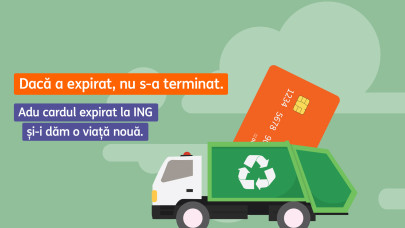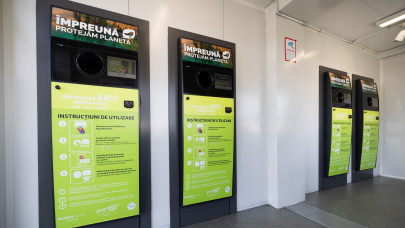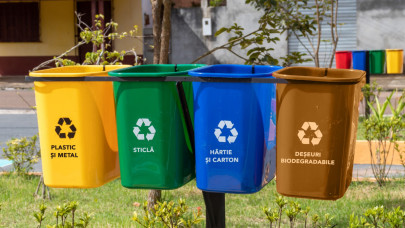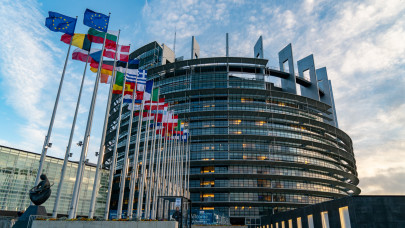MEPs want to ban the sale of very lightweight plastic carrier bags (below 15 microns) unless required for hygiene reasons or provided as primary packaging for loose food to help prevent food wastage. They also propose to heavily restrict the use of certain single-use packaging formats, such as hotel miniature packaging for toiletry products and shrink-wrap for suitcases in airports.
To prevent adverse health effects, MEPs ask for a ban on the use of so-called “forever chemicals” (per and polyfluorinated alkyl substances or PFASs) and Bisphenol A in food contact packaging.
MEPs aim to clarify the requirements for packaging to be reused or refilled. Final distributors of beverages and takeaway food in the food service sector, such as hotels, restaurants, and cafés, should give consumers the option of bringing their own containers.
The new rules require that all packaging should be recyclable, fulfilling strict criteria to be defined through secondary legislation. Certain temporary exemptions are foreseen, for example for wood and wax food packaging.
MEPs want EU countries to ensure that 90% of materials contained in the packaging (plastic, wood, ferrous metals, aluminum, glass, paper, and cardboard) are collected separately by 2029.
"Recent events in Europe, and particularly in Belgium, concerning water pollution by PFAS chemicals show the urgent need for action. By voting to ban "forever" pollutants in food packaging, the European Parliament has shown that it seeks to protect the health of European citizens. Regarding plastics, the contract has been fulfilled, since my legislative report tackles the heart of the issue by setting tougher waste reduction targets for plastic packaging. Unfortunately, on the circular economy, and prevention in particular, the outcome of the plenary vote is not so positive and ignores the reality of the figures: a 30% increase by 2030 if we don't act now. Of the 3Rs (Reduce, Reuse, Recycle), only recycling escaped unscathed. The end of throwaway packaging is still a long way off!", said rapporteur Frédérique Ries (Renew, BE).
Parliament is ready to start talks with national governments on the final form of the law, once the Council has adopted its position.
In 2018, packaging generated a turnover of €355 billion in the EU. It is an ever-increasing source of waste, with the EU total having increased from 66 million tonnes in 2009 to 84 million tonnes in 2021. Each European generated 188.7 kg of packaging waste in 2021, a figure that is expected to increase to 209 kg in 2030 without additional measures.
In adopting this report, Parliament is responding to citizens' expectations to build a circular economy, avoid waste, phase out non-sustainable packaging, and tackle the use of single-use plastic packaging, as expressed in proposals 5(1), 5(3), 5(4), 5(5), 11(1), 11(4) and 20(3) of the conclusions of the Conference on the Future of Europe.














